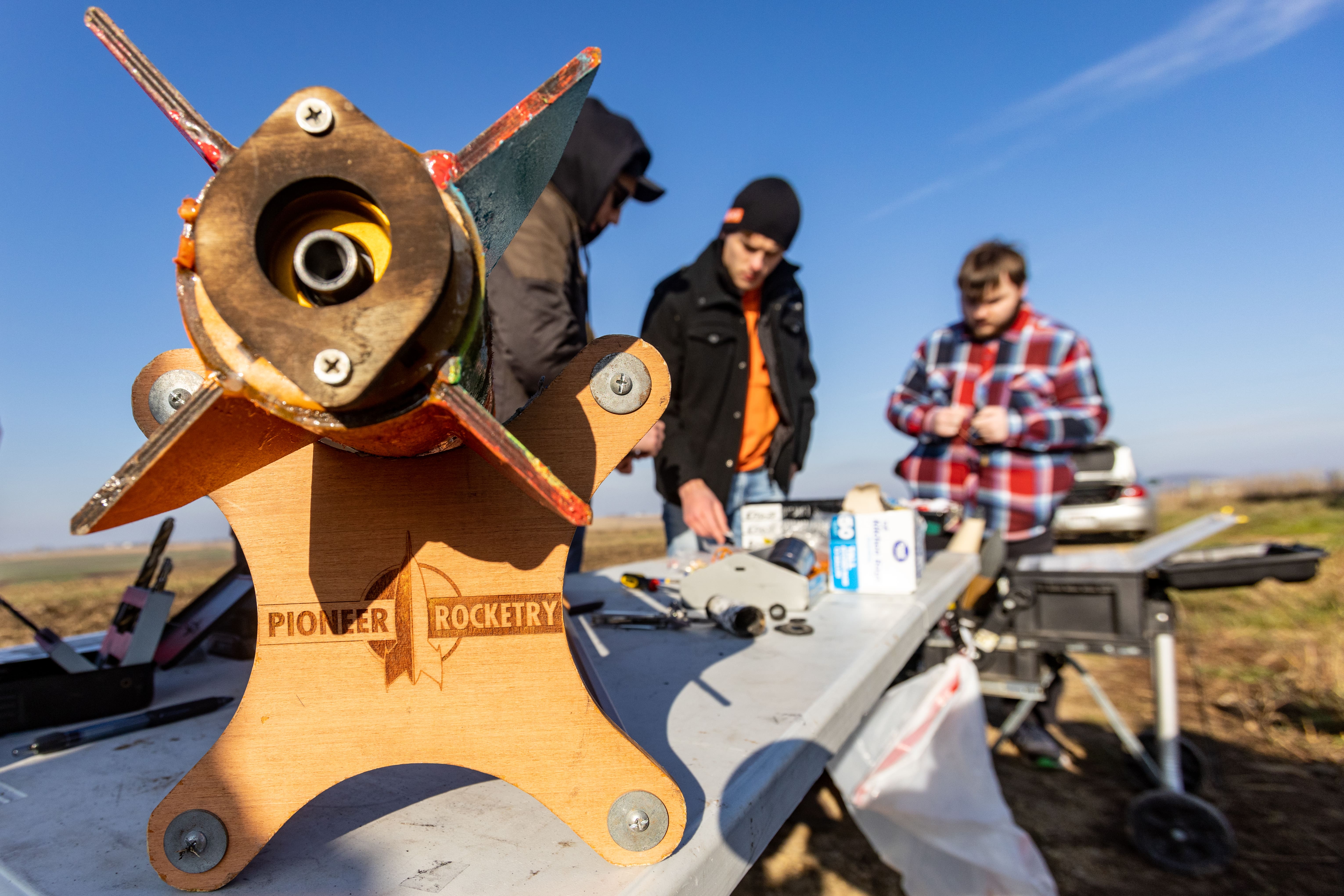
College Rocketry Programs
The study of rocketry is an interdisciplinary field that integrates principles from materials science, aerodynamics, propulsion, and computer simulations, offering students hands-on experience in designing and launching rockets.
Aerospace Engineering in College
Many universities offer specialized programs in aerospace engineering, focusing on the design, construction, and testing of rockets, satellites, and other spacecraft. These programs often include student-led rocketry teams that compete in national competitions.
Historical Milestones
Robert Goddard, the father of modern rocketry, launched the world's first liquid-fueled rocket in 1926, paving the way for modern space exploration.
21st Century Rocketry
The 21st century has seen remarkable advancements in rocketry, driven by private companies like SpaceX and Blue Origin. These companies are pushing the boundaries of space travel, with ambitions to make human spaceflight more accessible and sustainable. Learn more about their innovations at SpaceX .
Rocketry in Space Exploration
Developing suborbital and orbital launch vehicles requires rigorous analysis of aerodynamics, propulsion systems, and structural integrity. These vehicles play a crucial role in enabling scientific research and commercial space activities.
Hybrid Rocket Engines
Hybrid rocket engines, which use a combination of solid and liquid propellants, are emerging as a promising technology for safer and more efficient space exploration. These engines offer a balance between the simplicity of solid rockets and the performance of liquid rockets.
The Future of Rocketry
The future of rocketry lies in the development of advanced propulsion systems, reusable launch vehicles, and sustainable space exploration strategies. Ongoing research in these areas is crucial for achieving long-term goals like Mars colonization and beyond.






